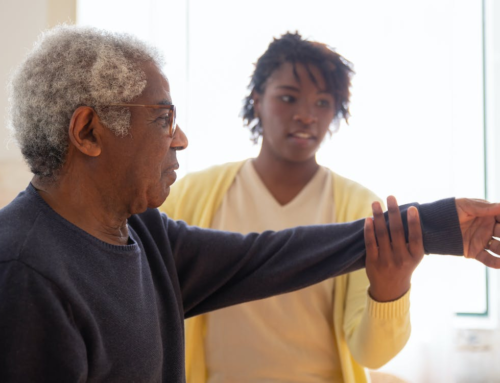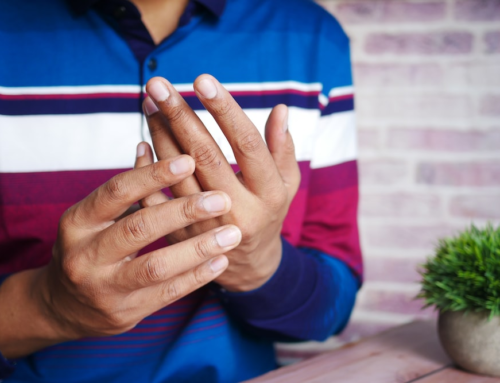Are you among the 50 million individuals in the US who deal with chronic pain almost every day? If conventional methods like OTC pain killerss and physical therapy don’t work for you, you may wonder if cryotherapy could be the answer.
In this blog post, our certified hand therapists will discuss everything you need to know about cryotherapy for pain management, including how it works and what the research says.
What Is Cryotherapy?
This is a type of treatment that involves exposing the body to extremely cold temperatures.
Whole-body cryotherapy (WBC) is one of the most common forms of cryo-massage therapy. This technique consists of standing in a chamber where you’re surrounded by cold air for a few minutes.
Other forms of cryotherapy include localized cryotherapy. This involves applying cold temperatures to a specific body area.
Then there’s spot cryotherapy as well. This therapy is similar to localized cryotherapy but uses a probe instead of a spray device.
How Does Cryotherapy Work?
Although the exact mechanism is not well understood, it is thought that exposing the body to extreme cold temperatures causes an inflammatory response. This response can lead to the release of endorphins, natural painkillers produced by the body.
In addition, cold temperatures can cause blood vessels to constrict, which can decrease inflammation and pain in the affected area.
Does Cryotherapy Work For Pain Management?
Some evidence suggests that cryotherapy can be effective for pain management. A 2017 study looked at 16 literature reviews on whole-body cryotherapy for pain relief. It found that cryotherapy may be helpful for conditions like fibromyalgia, arthritis, and musculoskeletal pain. However, occupational therapists feel the need for more research in this area of study to confirm these outcomes.

Is Cryotherapy Safe?
Cryotherapy is generally considered safe when performed by an occupational therapist. However, there are some risks associated with the treatment. For example, people with certain medical conditions, such as heart disease or diabetes, should not undergo cryotherapy. In addition, pregnant women and children should avoid cryotherapy due to the risks associated with exposure to cold temperatures.
Get In Touch With Our Certified Hand Therapists In Freehold, NJ
At Able Hands Rehabilitation, our CHTs offer to help you manage pain through different techniques, including cryo massage therapy, trigger finger therapy, hand injury treatment, and occupational therapy, among others.
We offer a customized plan to our patients according to their individual needs.
Our certified hand therapists will help you regain and retain the range of motion in your hand after an injury.
Contact us to learn more about the treatments we offer.









Leave A Comment
You must be logged in to post a comment.